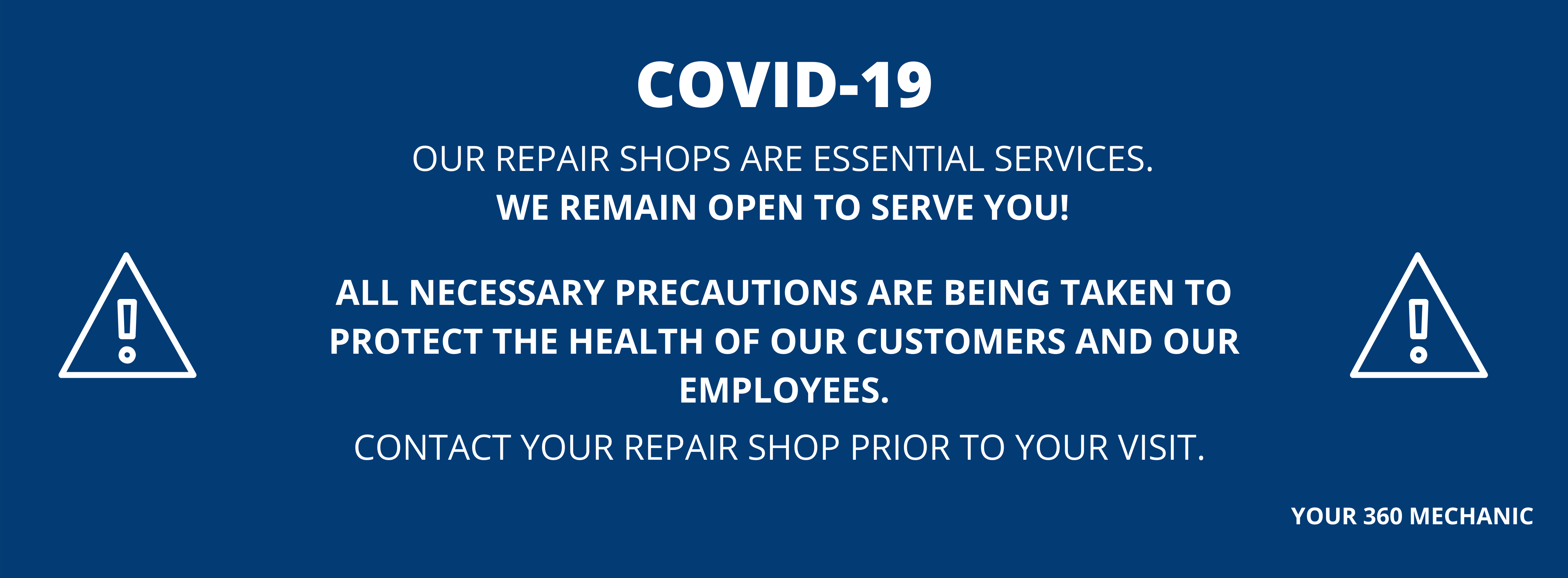The gearbox: to reduce the rotation of your wheels
The gearbox converts the power of the engine into energy for the rotation of the wheels. Depending on the model, it is composed of 2 or 3 sections. Its shafts, which contain a number of gears, are called “input shaft”, “intermediate shaft” (if the box has 3 sections) and “output shaft”.
In a 3-shaft model, the force of the motor drives a gear welded to the first metal bar. This gear is fitted into a gear on the second rod and drives the rotation of the second rod. Other gears are attached to the same bar, which in turn move the gears on the third shaft, which are not welded to their axes. In order for the third rod to generate wheel activity, one of its gears must be engaged by means of a part called a “fork”. By interlocking with the gear, the part “fixes” the toothed wheel to the rod, so that the rod rotates and starts the movement of the wheels.
Gaining speed, by the gear lever or by an automatic transmission, occurs when the selected gear on the output shaft is smaller than the gear on the input shaft. A smaller size implies a higher number of revolutions (multiplied), and therefore faster wheel rotation.
Is your gearbox reacting in an unusual way? Make an appointment with a M 360 Mechanic repair shop!
